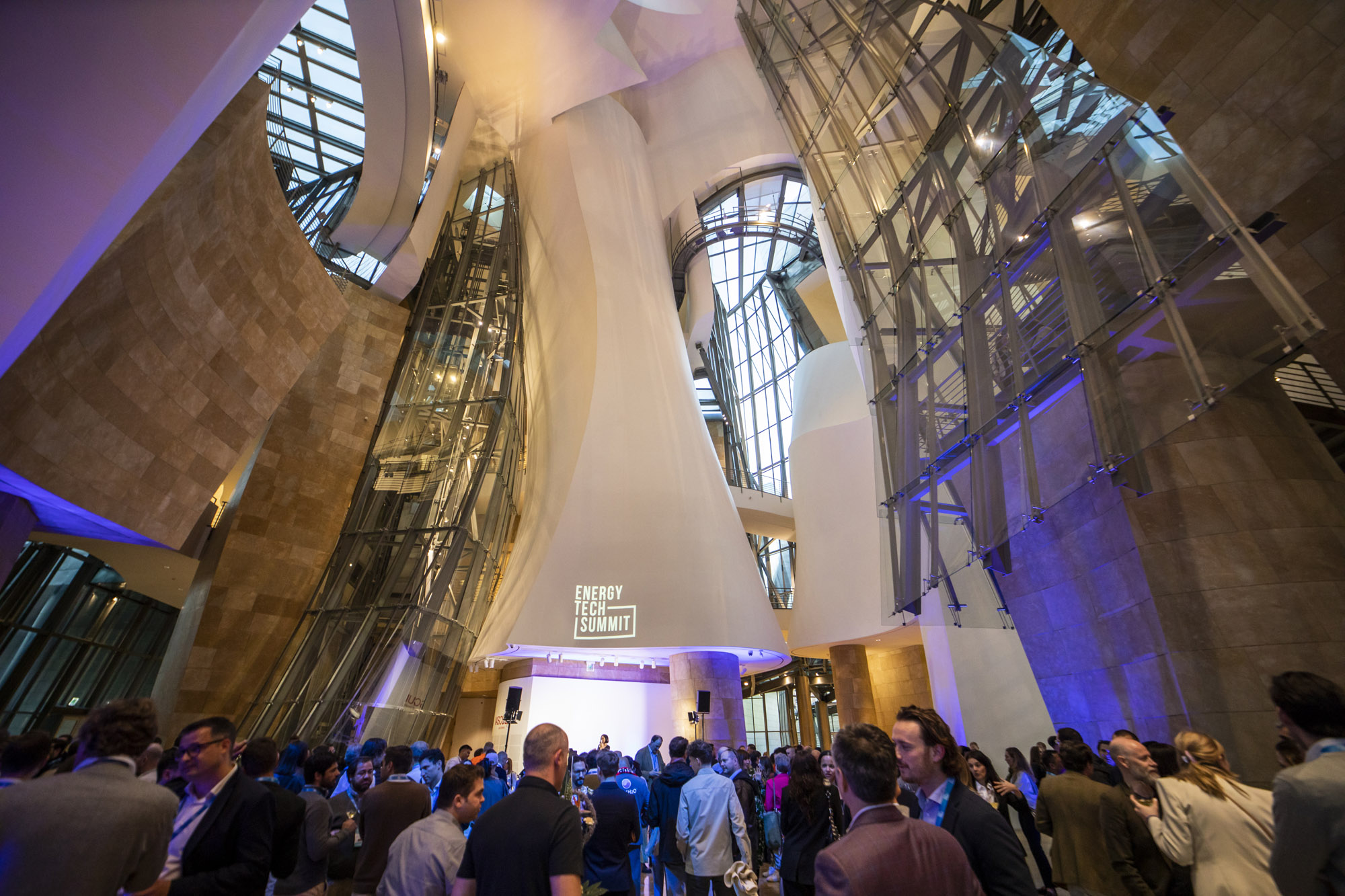Sustainability is not just green: social and economic impacts on the horizon for 2030
The Sustainable Development Goals urge us to be socially, economically and environmentally sustainable. To achieve this it’s not enough to simply recycle – this sustainable philosophy has to be embedded in the heart of companies and startups, the engines of change with the power to transform society into something more egalitarian and ecological
The end of 2020 is not only the end of an atypical year that we will remember for the rest of our lives. It also represents another year passed on the way to the UN Sustainable Development Goals (SDGs), which were established in 2015 to act as a set of global working guidelines with a 2030 horizon. In 2021 there will be ten years ahead of us to work on these sustainability goals that cover social, economic and environmental spheres.
The first two adjectives get forgotten when the word sustainability takes the floor – we tend to only think of green when we talk about it. But businesses are increasingly acquiring these sustainable hues to make a positive impact on both the planet and society as a whole. The pandemic seems to have been a definitive call to action with regard to rethinking the future.
Reconsidering the rhythm of the planet
During the standstill caused by COVID-19, the planet had the opportunity to breathe and society reflected. The frenetic speed of life, globalisation and unrestrained consumption prevented us from looking beyond our day-to-day existence. Companies were also forced to stop and rethink their processes.
“This highly significant shock is a good time for humanity to take a long hard look at itself. Our scale of values and needs is being put on the table”, believes Irma Beatriz Acosta, Head of Responsible Business at BBVA Mexico.

There are also figures on the table that force us not to avert our eyes. Over two thirds of the world’s population lives in countries where inequality has grown, the richest 1% of the population has ever more money, and the poorest 40% earn less than 25% of income, according to the UN’s ‘World Social Report 2020: Inequality in a Rapidly Changing World‘.
With regard to the environment, “we know that around 30% of the planet’s surface has been transformed or severely degraded by our way of interacting with the ecosystem. Also, the World Health Organisation estimates that 150 million people will be forced to move due to environmental issues”, states Sandra Magro, founding partner of the startup Creando Redes.
Both experts took part in the BBVA Open Talks global event ‘Sustainability for changing times‘, at which together with other experts they addressed this great global challenge. Magro summed it up like this: “Sustainability must become the new normal”
Much more than recycling
Originally, companies came about to respond to the needs of the population and to solve problems. For example, building a road to facilitate mobility was a contribution to society. Over time, however, the focus has shifted much more towards financial returns.
“Companies own the wealth of the world and have an important driving power, they are agents of change that can create a revolution in our society as we understand it”, indicates Leire Vega, Communications Manager at Unltdspain, an initiative that promotes projects that have a social impact and are economically sustainable, and which participated in the InnovaHome Festival by BBVA Open Innovation.
According to Acosta, “a responsible business is one that is concerned with caring about and balancing the environmental, social and economic aspects”. But it’s not enough to recycle, reuse, and take certain specific actions. To be socially sustainable “it must involve all areas of the company – governance, the activities you carry out, how you treat your employees and the impact you generate on your community”, says Vega.
For instance, if you’re a startup in the fashion industry, you can start by taking into account “which suppliers you’re using, whether they’re being treated fairly, where the materials come from, what transport solution you’re using for online purchases and whether your packaging is sustainable”.

The expert adds that in order to “generate social impact it has to be an intrinsic part of the company’s activity, something that is not at odds with financial returns”. In summary: “The revolution will come when they include sustainability in their business models and have new lines of business related to social and environmental impact”.
Technology to combat the inequality gap
In addition to the critical environmental situation where we began, the pandemic has increased social and economic inequalities. So where should we start? During the BBVA Open Talks, Magro from Creando Redes reminded us that one way of representing the SDGs is using a pyramid – the base being made up of the goals relating to protecting the biosphere, the middle part including those relating to the social sphere and the pinnacle representing the economy.
“Europe is focused on climate taxonomy, but in developing countries like some in Latin America, where there are high levels of poverty and basic needs, what is most urgent is social taxonomy”, explains Acosta.

To this end, the expert is committed to technology as a tool to drive people’s development. “There are people on low incomes to whom you can offer financial education or commission-free money transfer services via their mobiles, and fintechs can contribute a great deal to such initiatives”, she indicates. At BBVA, projects like BBVA Momentum are also focusing on supporting social entrepreneurship.
For Acosta, technology can bring together all efforts in the field of sustainability: “An NGO brought solar panels to communities in Guerrero [Mexico] that had never had electric light. It’s a project that involves innovation, energy efficiency, and social and environmental impacts.”
Goodbye 2020, hello 2030
Companies evolve alongside society, which has the power to give the ultimate boost to the transformation of the ecosystem. “It won’t take many generations to see that it’s the market itself that will demand that companies be sustainable and generate social impact. There are already many consumers who prefer to buy from companies that have these values if they can afford it”, says Vega from Unltdspain.

To ensure this for customers, and also for investors, it is important to measure the impact of your actions. “There are companies that only carry out a couple of sustainable initiatives and the negative impact seems to be diluted. The best way to guarantee sustainability is for companies that are doing it well to prove it with an indicator,” Vega believes. It seems that “we’re on the right track and this trend is going to grow. Companies are either going to believe in it, or they’ll be left with no other option than to do it”.
Magro is also optimistic: “The things that are happening to us are a stimulus. If we manage to join all the dots properly, we’ll be able to see the full picture. We have ten years ahead of us to turn the tables around, and I think we’re going to do it”.



